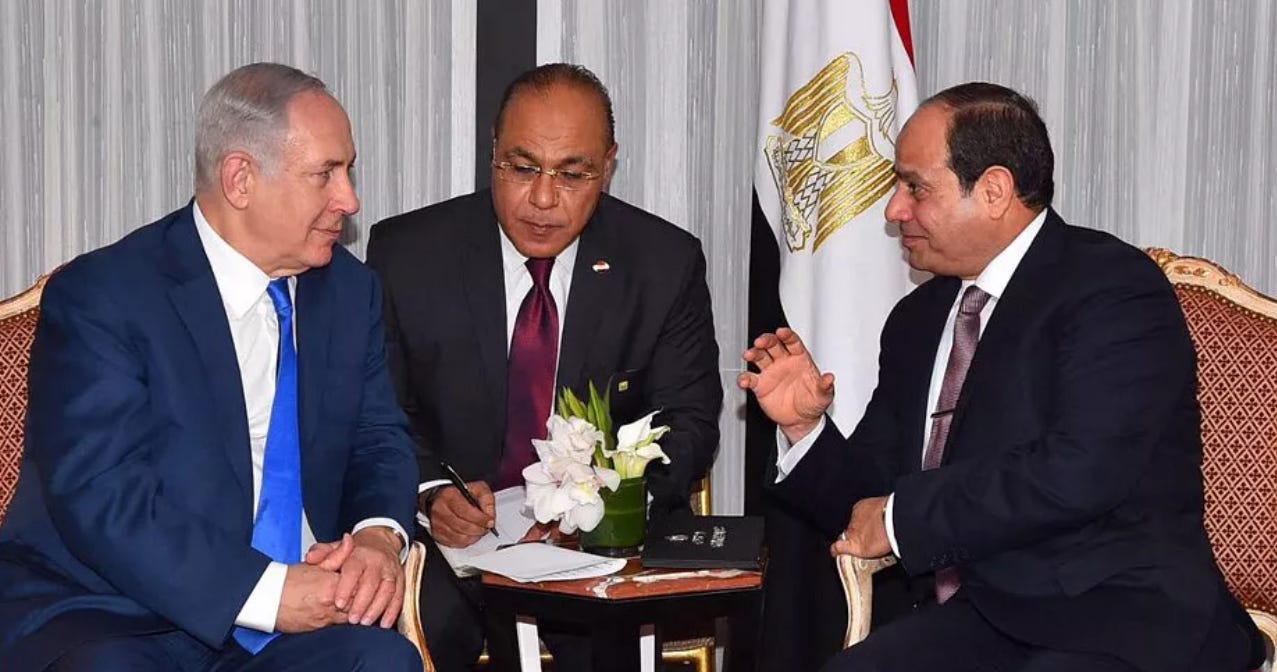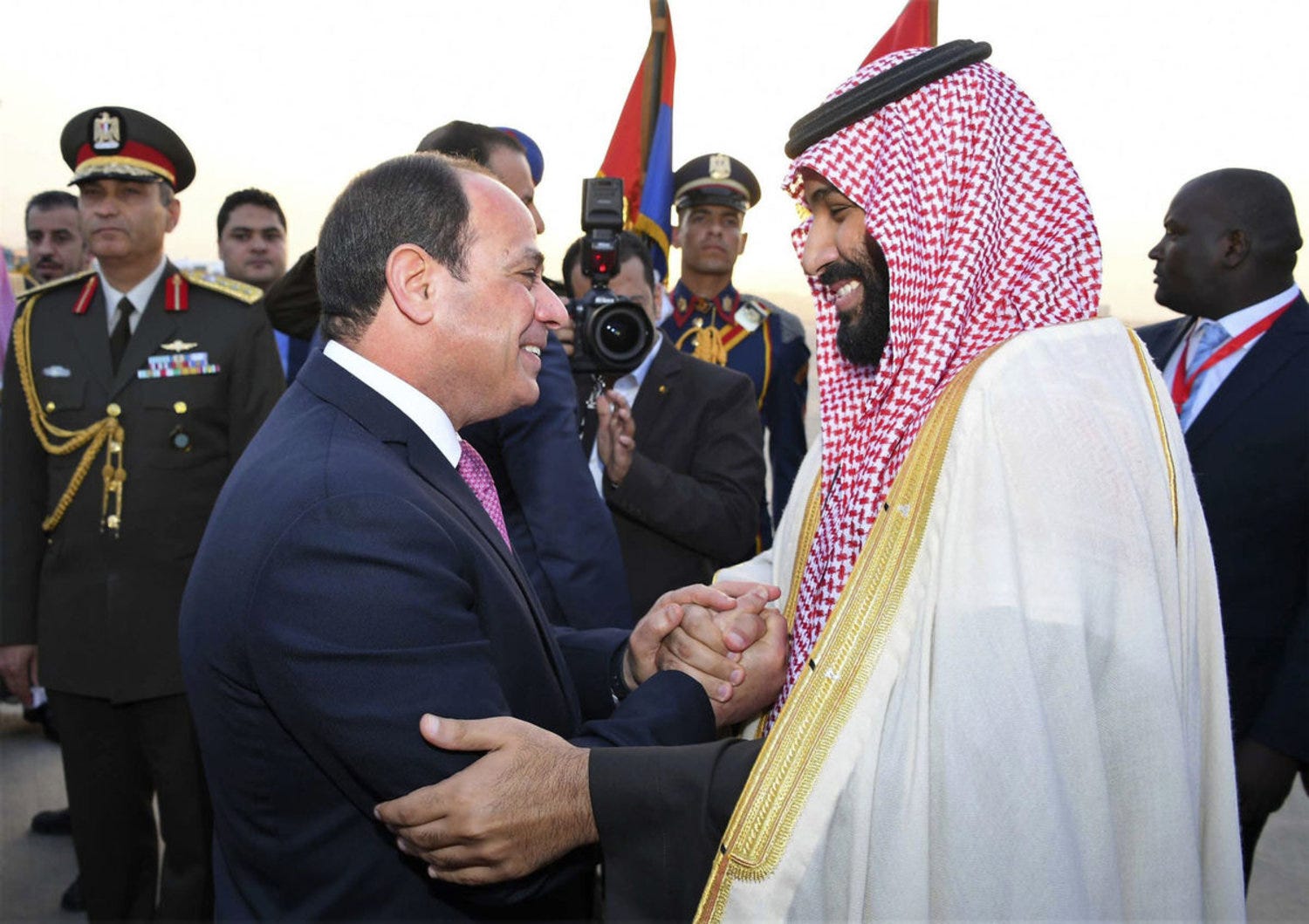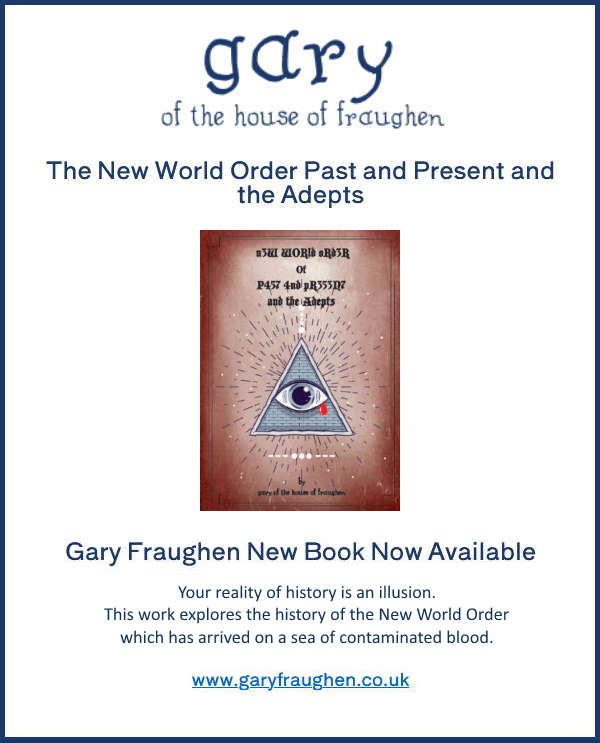Reasons why Egypt is not a friend of Palestine Part 1 – the economic trap – Vanessa Beeley in Damascus
Fri 9:24 am +00:00, 14 Jun 2024| Our path to Palestine will not be covered with a red carpet or with yellow sand. Our path to Palestine will be covered with blood… In order that we may liberate Palestine, the Arab nation must unite, the Arab armies must unite, and a unified plan of action must be established. Gamal Abdul Nasser 1965 Egypt’s pivotal role as an ally and supporter of the Palestinian cause degraded dramatically after the suspected assassination of President Gamal Abdul Nasser in 1967 when Nasser was only 52 and known to be in excellent health. Nasser was succeeded by Anwar Sadat who deceived and betrayed Syria during the 1973 October war or the Yom Kippur war as Zionists have named it. Sadat developed a close relationship with war criminal Henry Kissinger which proved deadly for the nationalist movements in the region who opposed normalisation with the genocidal Zionist entity and supported the central Palestinian cause. Kissinger astutely perceived Sadat as someone who could be persuaded to capitulate to Israeli ‘peace’ demands which he did in 1979 with the Camp David agreement. Camp David was considered a betrayal of the Palestinian Resistance liberation movement and of the legitimate claims of neighbouring states to their land and sovereignty. In May 2000 Kissinger wrote about Sadat:
In 1973 Kissinger and President Hafez Al Assad met – the first high level meeting between the US and Syria for years. After Kissinger had been speaking for just under and hour, Assad interrupted him and asked if it was his turn to speak.
Assad continued:
On the Zionist occupation of Syrian Golan, Assad said:
Syria and Egypt depend upon unity for their national security. Presidents Nasser and Hafez Al Assad understood this concept. It is no coincidence that Britain created the settler state of Israel in Palestine to drive these two countries apart geographically, politically, economically and ultimately ideologically. My dream was realised in the Orient as it almost turned into a nightmare in the Occident. I have spent the best years of my life in Egypt. In Europe the clouds do not allow you to think of the projects that change the course of history whereas in Egypt, whoever rules it is capable of changing history. If I were not ruler of Egypt, I would not have become Emperor of France. (Attributed to Napoleon Bonaparte) Fast forward to 2024 and Egypt’s state-role in the humanitarian blockade and Zionist genocide of Palestinians in Gaza and the occupied territories. I have collated the following reasons why and how Egypt has relinquished its role as a principal loyalist to the Palestinian national liberation movements. 1: Egypt is on economic life-support provided by the US, EU, IMF, Saudi Arabia and UAE and is reliant on good relations with IsraelFor decades Egypt has been kept afloat economically with multi-billion loans from the International Monetary Fund (IMF) and US allies among the Gulf States. At the end of March 2024 the IMF approved Egypt’s loan program which was duly expanded to $ 8 billion. Concurrently the EU has approved a Euros 7.4 billion “assistance” package to revive Egypt’s flatlined economy. Analysts have linked Egypt’s loan packages to the Zionist ongoing genocide in Palestine. Egypt is adamant that they are opposed to a Palestinian exodus from Gaza into the Sinai but IMF messaging suggests otherwise:
Reports of Egypt constructing an enclosure for Palestinian refugees have been circulating since October 7th, gathering traction in February 2024when satellite images showed an area of land just the other side of the Egyptian Rafah crossing being cleared for construction. Egypt denied any such intentions, claiming that they were preparing an area for the storage of humanitarian aid – aid that has not entered Gaza since 7th October. However according to IMF Managing Director Kristalina Georgieva in November 2023:
In October 2023 – as Israel’s brutal military assault on Gaza continued unabated, reports continued to swirl about a big Egyptian trade-off in the works: the absorption of large numbers of displaced Palestinians from the Strip in exchange for easing Cairo’s massive debt load – which surpasses $160 billion. Since these rumours of Egypt providing a secondary open air compound for forcibly displaced Palestinians, there have been recent reports of the US “humanitarian” pier being used to ferry Palestinian from Gaza to northern Lebanon, Cyprus and other destinations. Sources within the Resistance in Gaza told Mondoweiss: “The floating pier project is an American solution to the displacement dilemma in Gaza,” the source said. “It goes beyond both the Israeli solution of displacing Gazans into Sinai…and the Egyptian suggestion of displacing [Gazans] into the Naqab [desert].” This should not detract from Egypt being mired in debt to the friends of Israel and enemies of Palestine nor from its role in blockading Gaza and tacitly collaborating with Israel in the collective punishment of the Palestinian people. In March the European Union also pledged 7.4 billion Euros to the economically floundering Egyptian regime. Italian Prime Minister Giorgia Meloni travelled to Cairo alongside EU Commission President Ursula von der Leyen, the Greek, Austrian and Belgian prime ministers, and the Cypriot president. All these countries have a vested interest in getting someone else to take on the potential tsunami of a Palestinian refugee crisis. Ostensibly the investment and concessional loans are designed to boost cooperation in areas including renewable energy, trade and security, while delivering grants, loans and other funding over the next three years to support Egypt’s faltering economy.
The United Arab Emirates, a former British protectorate, normalised relations with Israel in 2020 under the Abraham Accords concocted by the Trump administration to bring Arab states into the Greater Israel/Clean Break plan. In early May, Egypt received the second installment of funding, worth $ 20 billion, from the Ras Al Hekma deal with the UAE intended to develop the luxury Ras Al Hekma resort on the Mediterranean Sea. Cairo had already received $ 5 billion from the UAE deal. Egypt is also looking to close a similar deal with Saudi Arabian investors to enable elite coastal developments on the Red Sea coast near Sharm El Sheikh, including the Ras Ghamila resort. This is in combination with the Saudi futuristic Neom project that is seeking to expand into the Egyptian Sinai. In 2018 – Saudi Arabia signed an investment agreement with Egypt to develop Egyptian lands in south Sinai to become part of a planned mega-city and business zone unveiled by Saudi Arabia last October. The two countries established a $ 10 billion joint investment fund.
Saudi Arabia is in negotiations with the US over bilateral defence pacts while allegedly delaying normalisation with Israel dependent on the establishment of a Palestinian state on the scraps of land and rubble left intact in the ever-dwindling Palestinian zones in the Occupied Territories and Gaza. Concurrently the Saudi regime is cracking down on pro-Palestine protests in the ‘kingdom’ and has allegedly begun removing negative portrayal of Israel from its school curriculum, as has the UAE. In October 2023 journalist Mohamad Hasan Sweidan noted:
Bahrain has been actively investing in Egypt, driven by a mutual need for economic cooperation and diversification. The country has been seeking to revive its fortunes through a recently discovered oilfield and plans to become a regional financial hub. Bahrain normalised with Israel in December 2020. UAE and Bahrain were involved in providing a land bridge for Israel during the Zionist genocide in Gaza and West Bank and to counter the Yemeni blockade of the Red Sea shipping routes. Egypt leveraged the perceived threat of an overwhelming refugee crisis as a result of the Zionist genocide to secure the IMF and EU loans and to float the faltering economy. Egypt is now in bed with Gulf States, Jordan and even Israel at the expense of the Palestinian cause – Egypt’s impotence has been further demonstrated by the lack of any military deterrence when faced with the Zionist invasion of Rafah and the shooting of an Egyptian soldier at the border. Journalist Mohamad Sweidan points out:
Egypt’s sovereignty is in question when one considers the following information:
History repeats itself – in 1991, Washington forgave Egypt’s debt in return for its support of the US-led coalition against Iraq. Only the NATO-proxy failed state of Ukraine has a debt higher than Egypt’s national debt. Let that sink in. Egypt is not an honest broker in the Hamas-Israel peace deals. The fate of Palestinians is in the hands of nations that have already acquiesced to recognition and approval of the Zionist entity. Egypt is indebted to every single one of those countries and to their controlling interests in the UK, EU and US. Extrication from such a position is virtually impossible. In part 2 I will look at Egypt’s covert cooperation and collaboration with Israel via non-state actors with close ties to the Sisi regime. I will also cover the decades-long Egyptian blockade of Gaza and the treatment of Palestinians in the enclave by Egyptian security forces – something I have personally witnessed when trying to cross into Gaza via the Rafah border crossing. |















